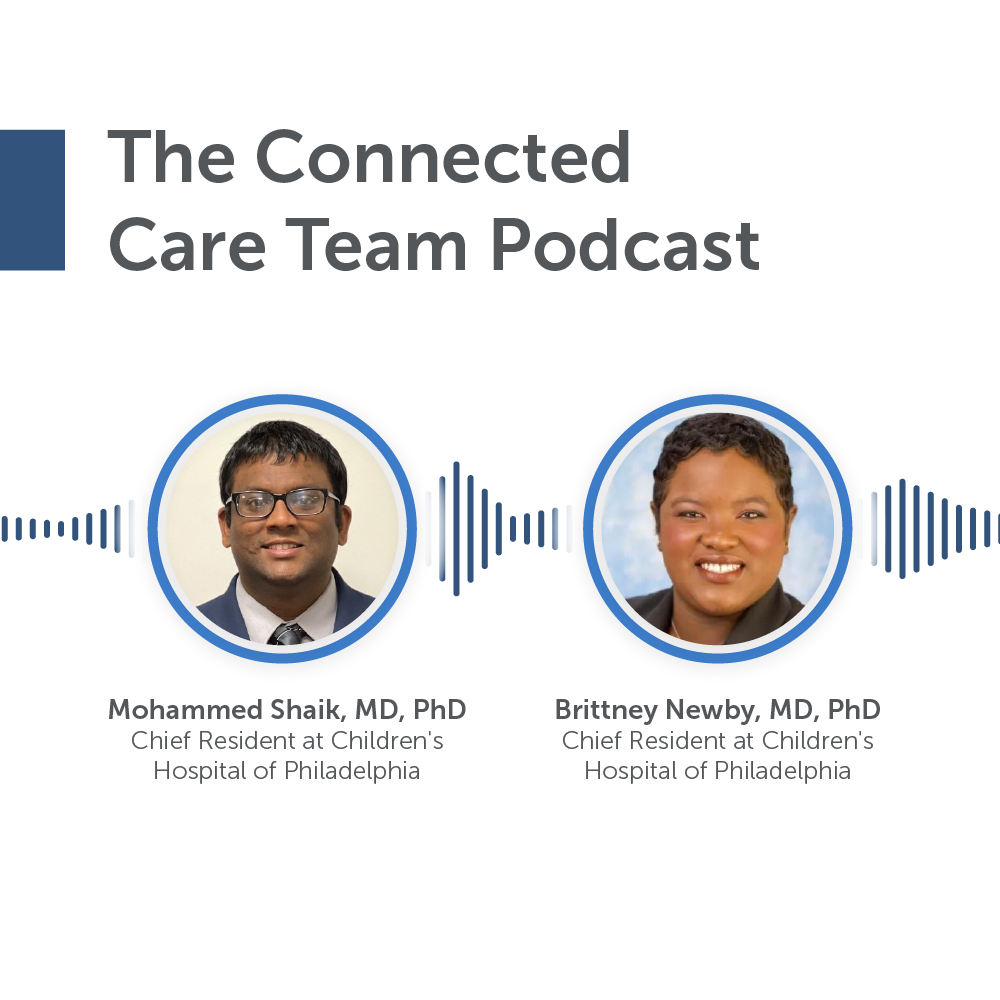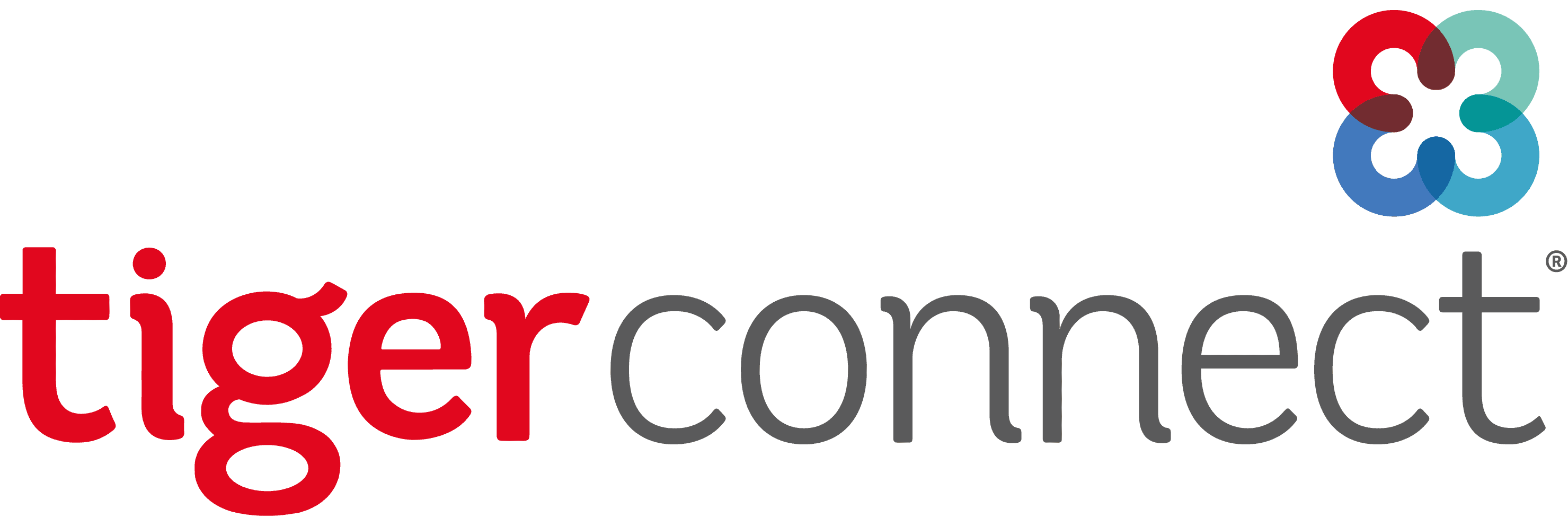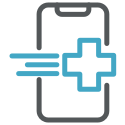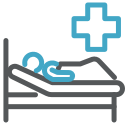Home / Blog /
Reducing Burnout: The Art of Modern Resident Scheduling

Reducing Burnout: The Art of Modern Resident Scheduling
Outdated resident scheduling methods can negatively impact resident burnout and patient care. The issue is real – factors like teamwork, control of workload, unorganized environments, and time pressures all affect burnout. Since the COVID-19 pandemic, some studies have found resident burnout rates to be as high as 76%. Clearly, there is room for improvement, and the technology exists to make it happen.
The Art of Resident Scheduling: How Chief Residents Handle the Challenge
|
 |
Scheduling complexities and work-life balance at CHOP
In a recent episode of The Connected Care Team podcast, Will O’Connor, M.D., spoke with Mohammed Shaik, MD, PhD and Brittney Newby, MD, PhD, who both served as pediatric chief residents at the Children’s Hospital of Philadelphia. In the podcast, they discussed the complexity of resident scheduling.
As chief residents, one of their many duties included scheduling the other residents. This meant they had to make sure every shift was covered, and that the residents were getting the right rotations they needed at the right times – all while balancing it with everyone’s personal lives.
“When we came into the role, we realized that it was a Herculean task…the hard part is really trying to balance what people need professionally and personally, while also making sure that they meet their educational requirements,” Dr. Newby said.
Due to the complexity of the job, it took over three months to complete.
“We spent a majority of those months working on schedules,” Dr Shaik said. “I’m talking…90-plus hours a week, Saturdays, Sundays, and having a lot of conversations with a lot of different people.”
Both doctors recognize the potential for automation to improve scheduling workflows.
“I’m particularly excited about it,” Dr. Newby said. “I certainly agree that in medicine, we’re typically slow adopters…because we have human lives at stake. However, in the administrative role, I could also see a very cool application for using AI technology, which is already being used in research spaces.”
While noting the cautious approach of the medical field to adopt new technologies, they also see great potential in using AI to enhance patient care and administrative processes.
“I love the idea of using ChatGPT or other AI interfaces for administrative tasks,” Dr. Newby said. “You could literally type in a query to ChatGPT and ask it to write a script or code that would potentially take hours and hours to write. So I think that it could certainly improve our efficiency.”
Dr. Shaik also sees the potential for AI as a tool to help physicians improve their analytic abilities.
“I personally am very excited about the future,” he said. “There’s a paper I was reading recently called ‘ChatGPT but for querying or asking EHR questions,’ where the idea is you ask, for example, “What was this patient’s trend of this lab value for the past few days?” It queries the database, the EHR…and walks you through its thought process and spits out that answer. As a future ICU fellow, being able to quickly get large pieces of information quickly is quite exciting to me.”
They agreed that as AI technology continues to advance, its integration into various aspects of healthcare holds promising potential for the future of medicine.
“I’m excited to see where the automation field goes over the next couple of years,” Dr. Newby finished.
Facing Scheduling Challenges with TigerConnect
TigerConnect Resident Scheduling can address the time and administrative challenges discussed in the podcast. By automating scheduling tasks, it can reduce burnout, improve work-life balance, and elevate the quality of patient care. Using AI and automation, the TigerConnect platform can quickly generate schedules that accommodate educational requirements while considering the personal lives of residents. This saves significant time and effort, making administrative tasks more efficient. The platform’s ability to accommodate educational requirements and personal preferences while reducing complexity makes the solution even better.
See TigerConnect Resident Scheduling in action in this 15-minute demo session.
Tags: resident burnout, scheduling, Blog, AI, Resident Scheduling








